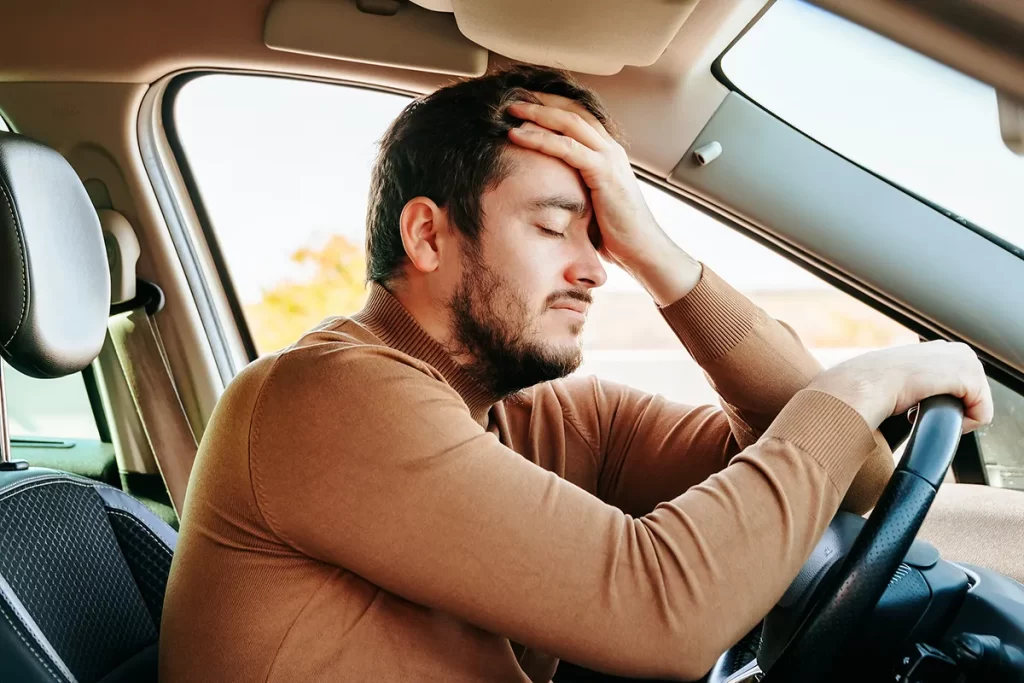
The Link Between Sleep Deprivation and Increased Car Accident Personal Injury Risks
Sleep deprivation is a growing concern in today’s fast-paced society, and its impact on driving safety is significant. The Law Offices of Kyle E. Koester, LLC recognizes the crucial link between lack of sleep and the heightened risk of car accidents leading to personal injuries. This article explores how sleep deprivation can impair driving abilities and subsequently increase the risk of accidents and injuries on the road.
Understanding Sleep Deprivation and Driving Performance:
Impaired Cognitive and Motor Functions:
- Lack of adequate sleep negatively affects cognitive functions like decision-making, reaction time, and attention. It also hampers coordination and motor skills, crucial for safe driving.
Comparison with Alcohol Impairment:
- Studies have shown that sleep deprivation can have similar effects on driving ability as alcohol consumption. For example, being awake for more than 20 hours can impair one’s driving ability to an extent comparable to a blood alcohol concentration of 0.08%, the legal limit in many jurisdictions.
Increased Risk of Microsleeps:
- Sleep-deprived drivers are more prone to experiencing ‘microsleeps,’ brief moments of involuntary sleep that can last a few seconds. During this time, a driver is essentially unconscious and unable to respond to road conditions, significantly increasing the risk of accidents.
Statistics and Research Findings:
- Research indicates that drivers who sleep less than the recommended 7-8 hours per night are at a higher risk of being involved in car accidents. The risk further escalates with each hour of sleep loss.
Legal Implications:
Liability and Negligence:
- Driving while sleep-deprived can be viewed as negligent behavior, potentially leading to liability in the event of an accident. If a sleep-deprived driver causes an accident, they may be held legally responsible for damages and injuries sustained by others.
Challenges in Proving Sleep Deprivation:
- Unlike alcohol or drug impairment, there’s no straightforward test to measure sleep deprivation, making it a complex factor in personal injury cases.
Preventive Measures and Recommendations:
Adequate Sleep:
- Prioritizing sufficient sleep is essential for anyone who drives. Adults should aim for 7-8 hours of quality sleep per night.
Awareness and Education:
- Raising awareness about the dangers of driving while sleep-deprived is crucial. Educational campaigns can help drivers understand the risks and encourage responsible behavior.
Employer Responsibilities:
- Employers, especially those in the transportation industry, should promote healthy sleep practices and avoid scheduling that leads to sleep-deprived driving.
Conclusion: The impact of sleep deprivation on driving safety is a serious concern that warrants attention. At the Law Offices of Kyle E. Koester, LLC, we urge drivers to recognize the importance of adequate sleep and the role it plays in preventing accidents. If you have been involved in an accident where sleep deprivation was a factor, our experienced legal team can provide the necessary guidance and support to navigate your personal injury claim.
